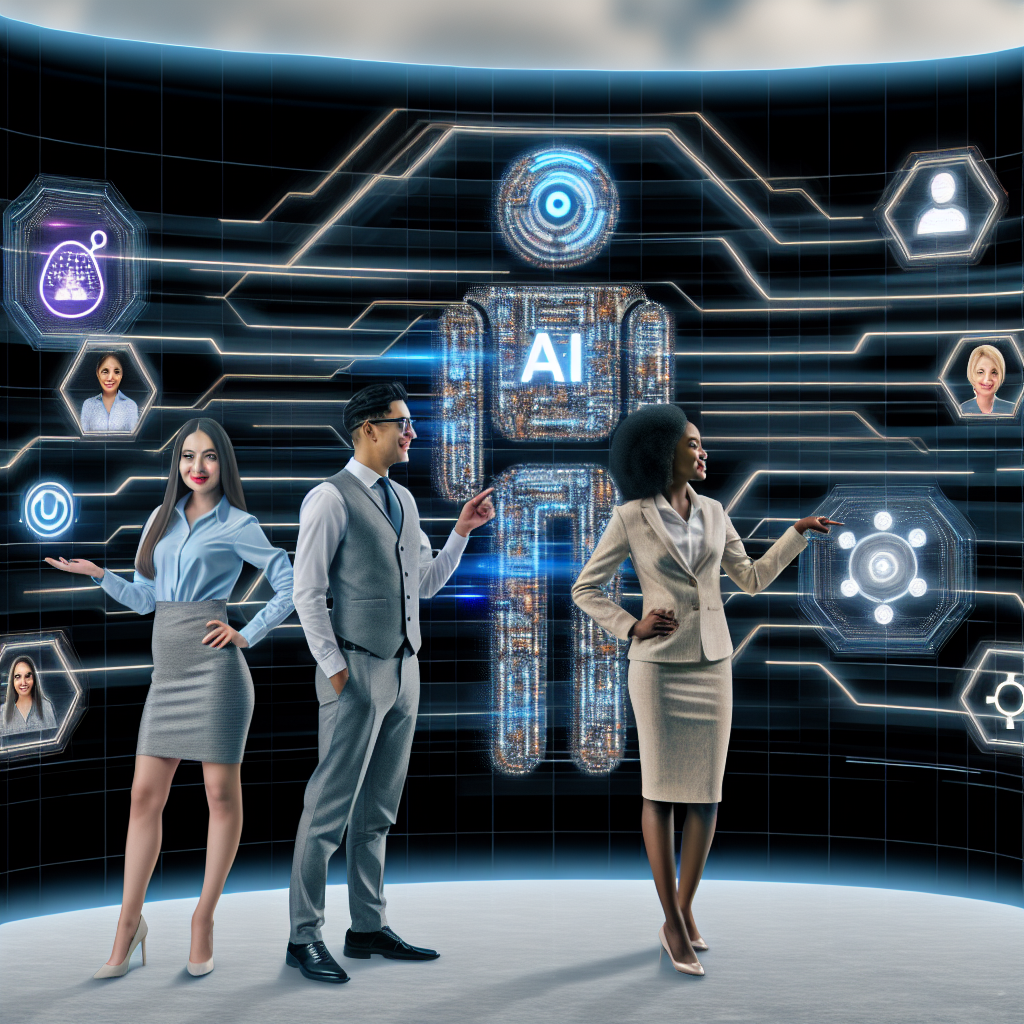The Future of AI Agents: Redefining Automation and Efficiency in the Tech Industry

"These systems incorporate various AI/ML techniques such as natural language processing, machine learning, and computer vision to operate in dynamic domains, autonomously or alongside other agents and human users." - Rudina Seseri, founder and managing partner at Glasswing Ventures
The Evolving Role of AI Agents: Redefining Automation and Efficiency
AI agents are a rapidly developing concept in the tech industry, but defining them precisely remains a challenge. Broadly, these agents are sophisticated AI-driven software programs designed to automate tasks traditionally performed by humans. Companies like Google, Asana, and startups such as Sierra showcase varied interpretations, highlighting the dynamic landscape of AI agents' capabilities and potential applications.
Understanding AI Agents
At their core, AI agents utilize advanced technologies like natural language processing, machine learning, and computer vision to perform a wide array of tasks autonomously. They serve different roles: Google leverages them for task-specific assistance, Asana integrates them as collaborative tools, and Sierra uses them to enhance customer service. This demonstrates the versatility and adaptability of AI agents across industries.
Challenges and Limitations
Despite the optimism surrounding AI agents, industry experts caution against overestimating their current capabilities. MIT's Rodney Brooks highlights the complexity of system integration and dynamic problem-solving, while Fred Havemeyer points out the need for multi-model approaches to achieve true autonomy. These insights underline the necessity for realistic expectations and ongoing innovation.
Future Directions
Key to advancing AI agents will be improvements in underlying technologies such as GPU performance, model efficiency, and AI frameworks. Jon Turow emphasizes the importance of developing a robust infrastructure tailored to AI agents, which could enable them to operate more independently and efficiently. Aaron Levie adds that the self-reinforcing progress in these areas will drive substantial technological advancements.
Conclusion
As we navigate this transformative period, it is crucial to foster a collaborative approach, integrating diverse AI technologies to build more capable and autonomous AI agents. By maintaining a forward-thinking perspective and addressing existing challenges, we can unlock the full potential of AI agents to revolutionize a multitude of domains.
